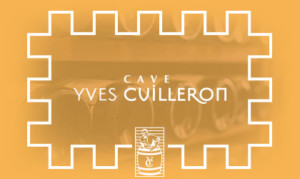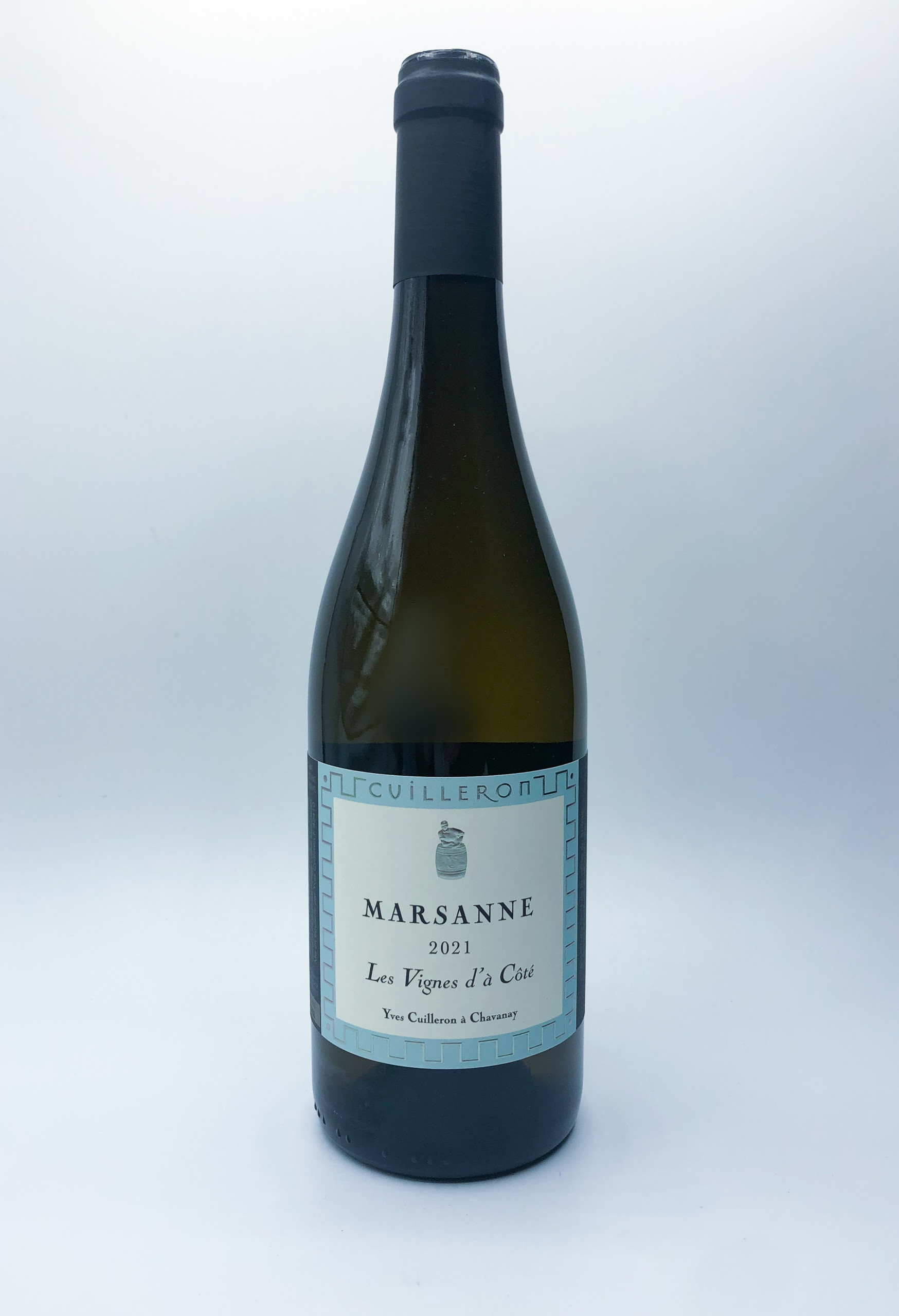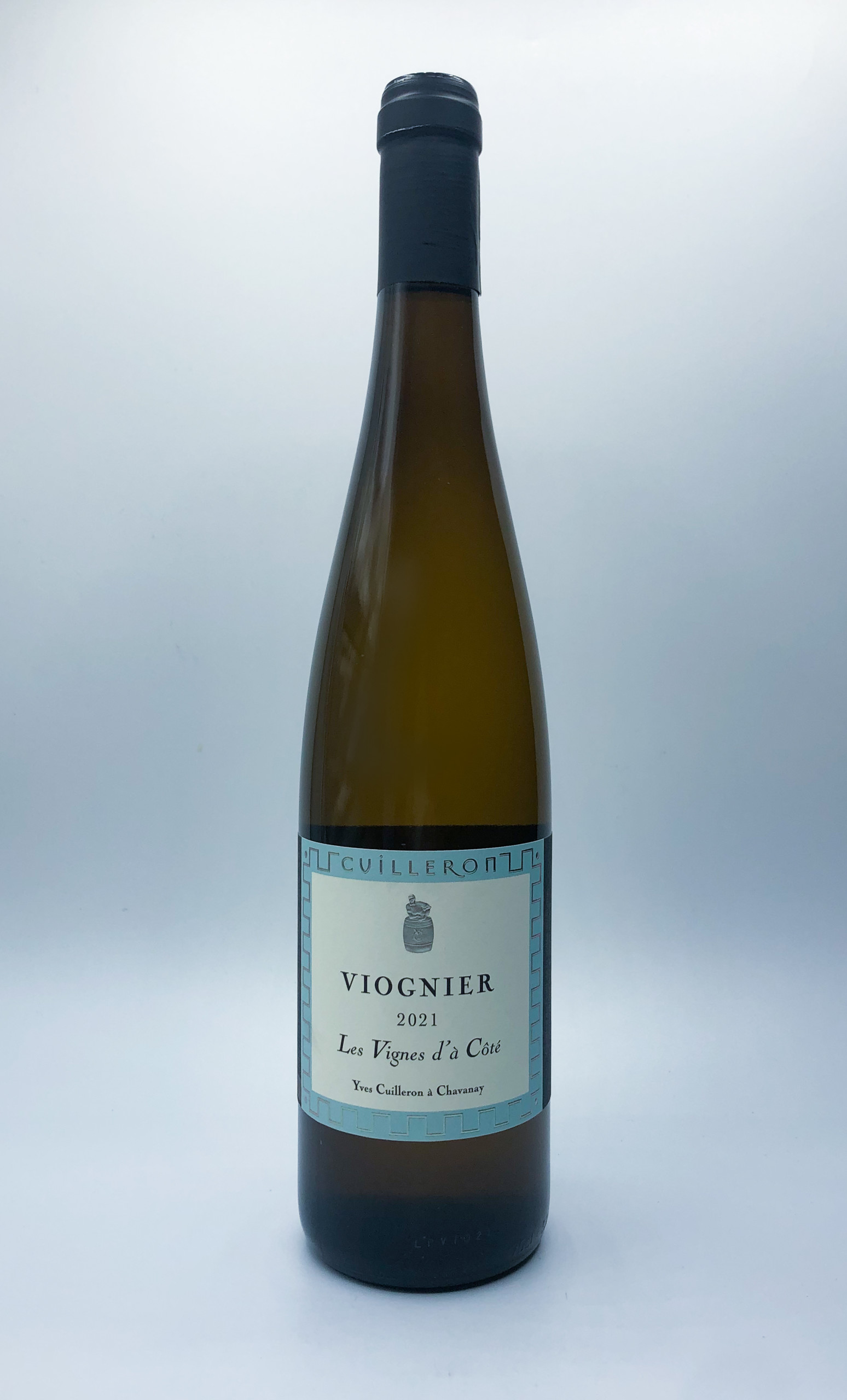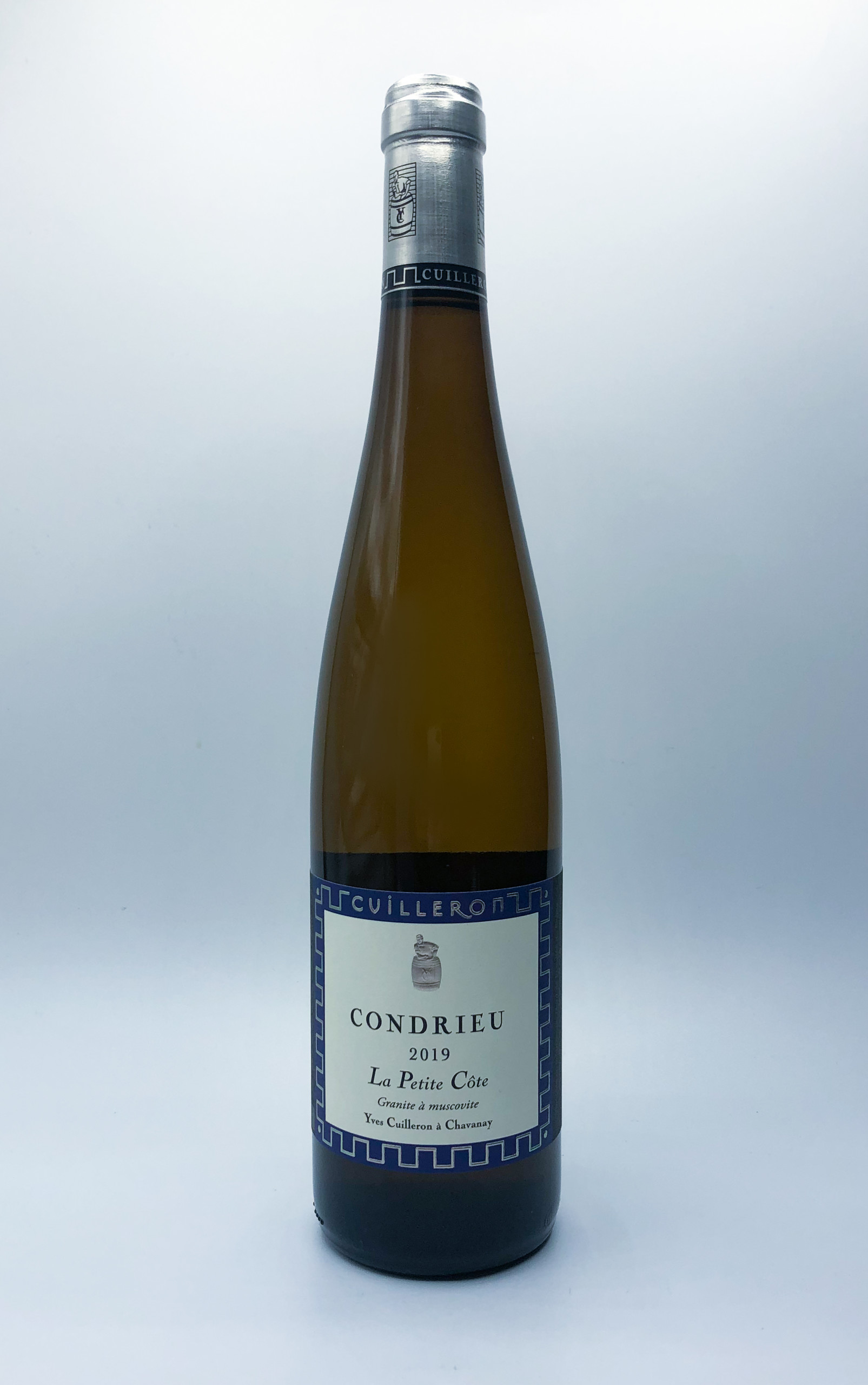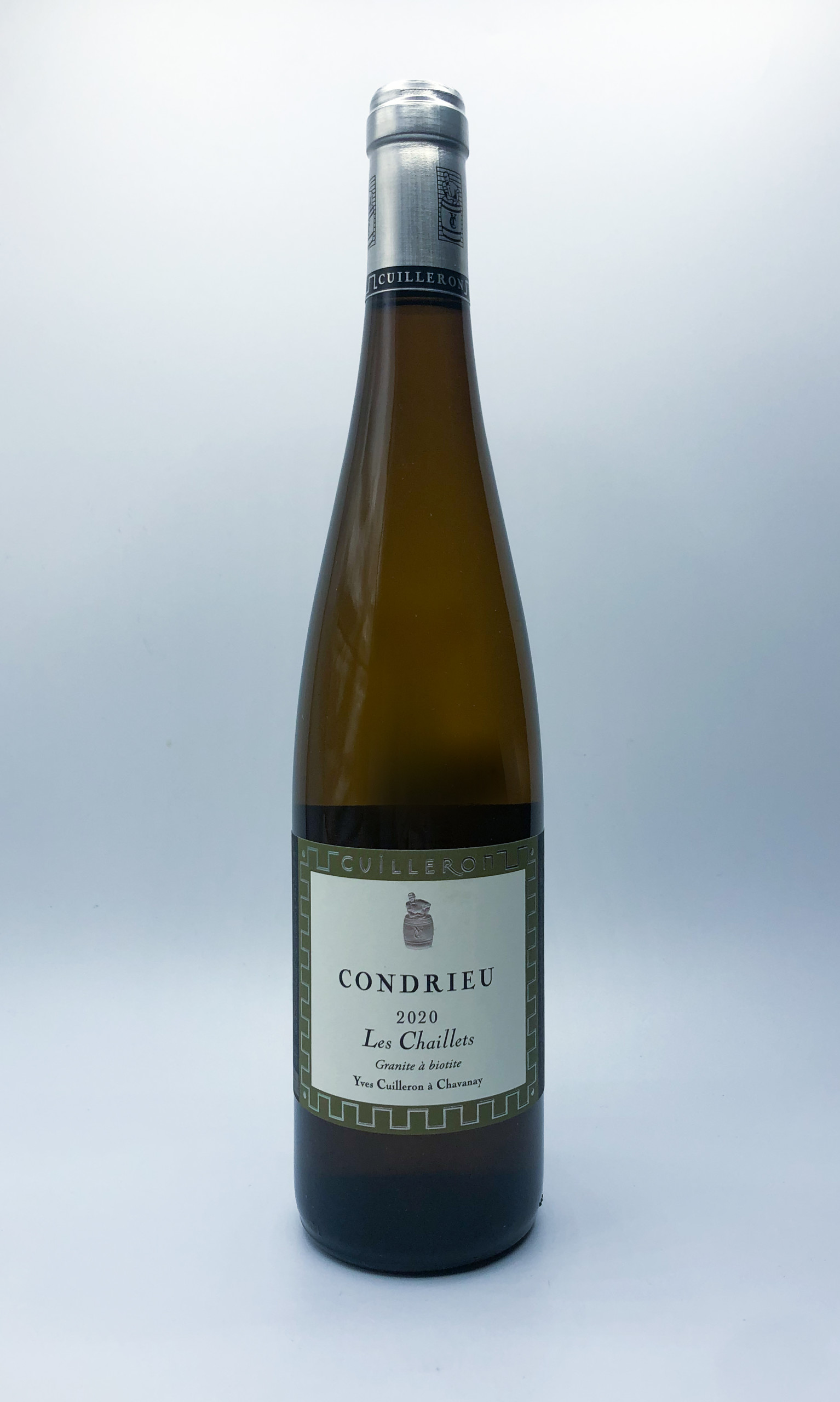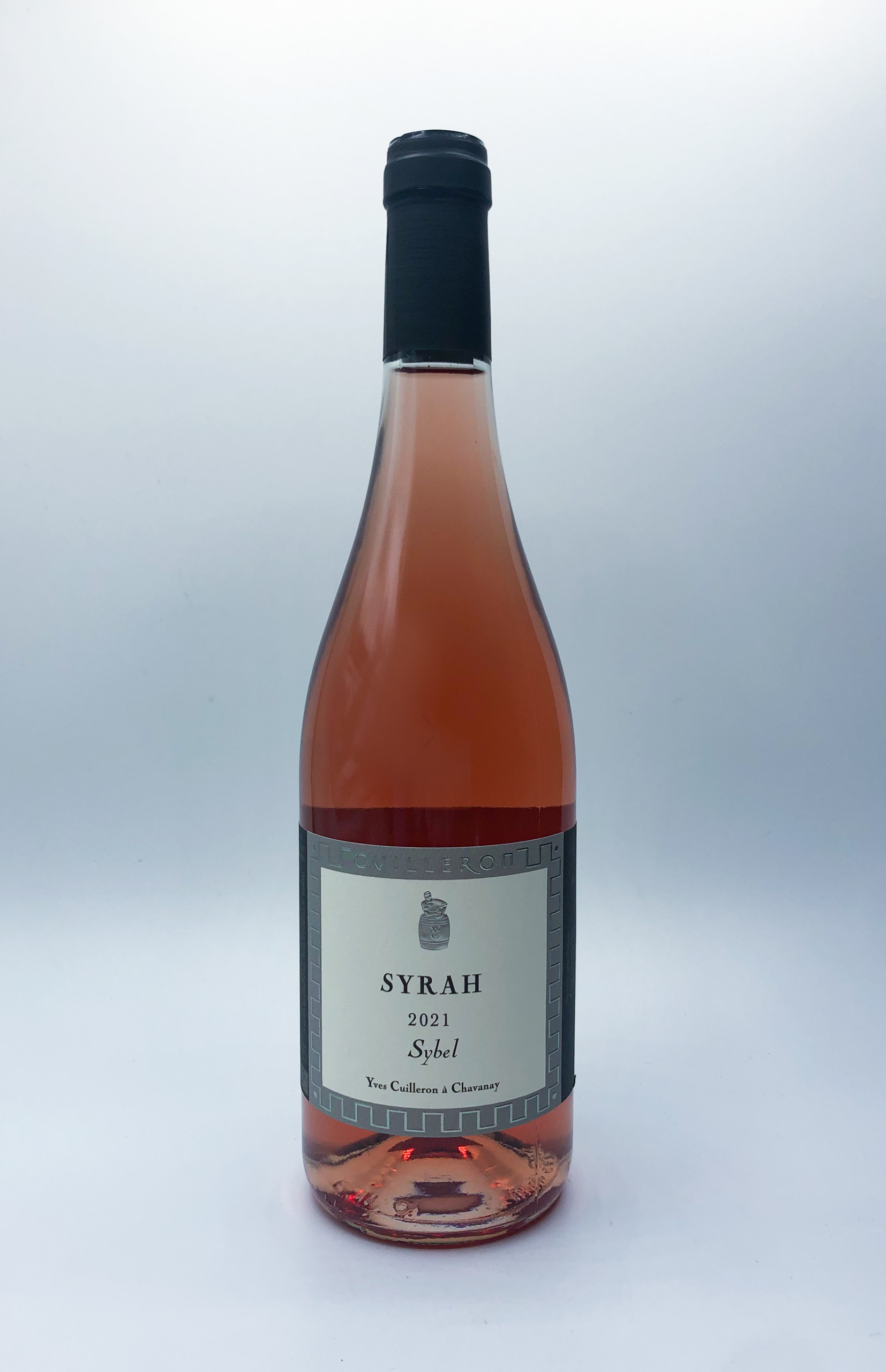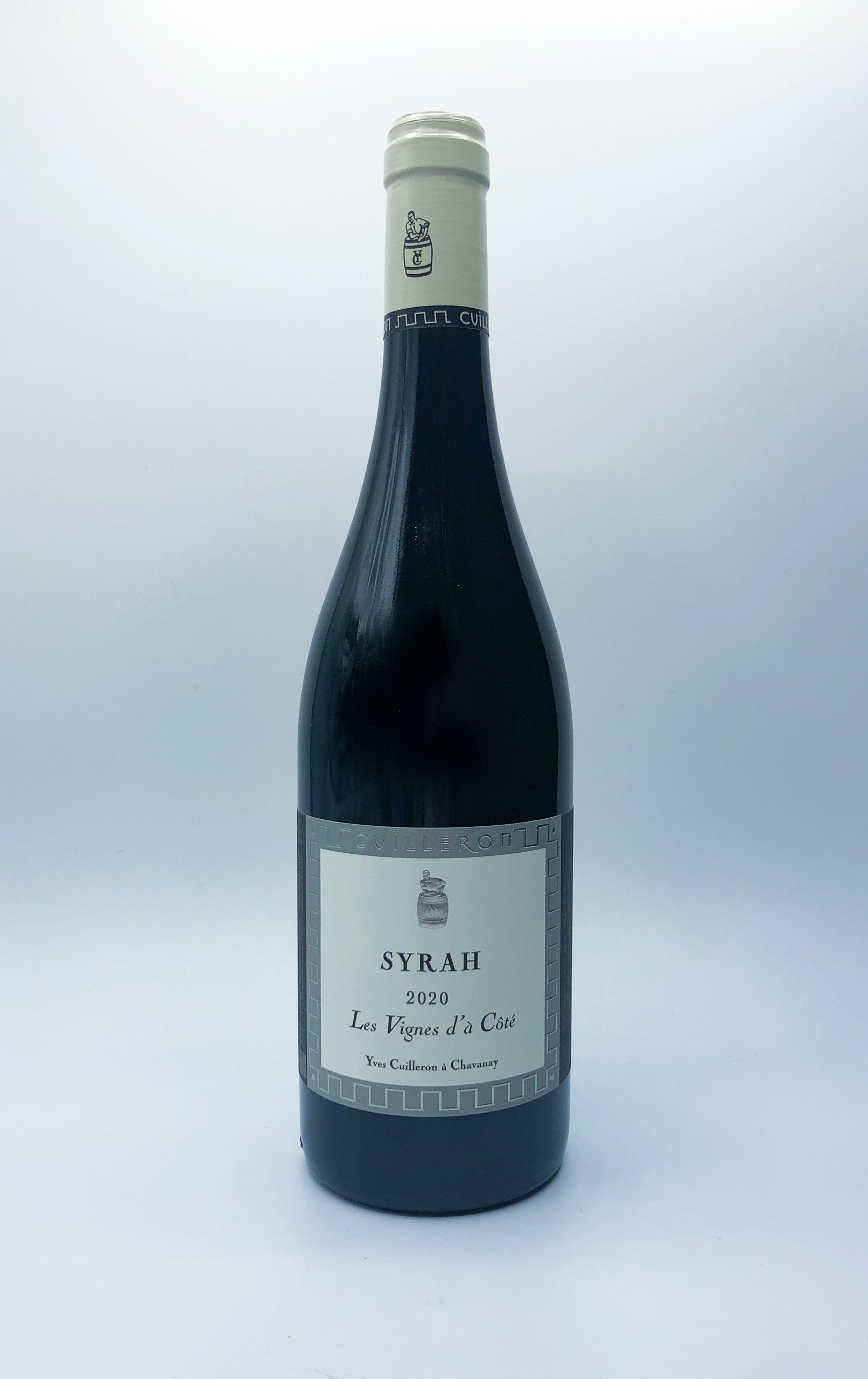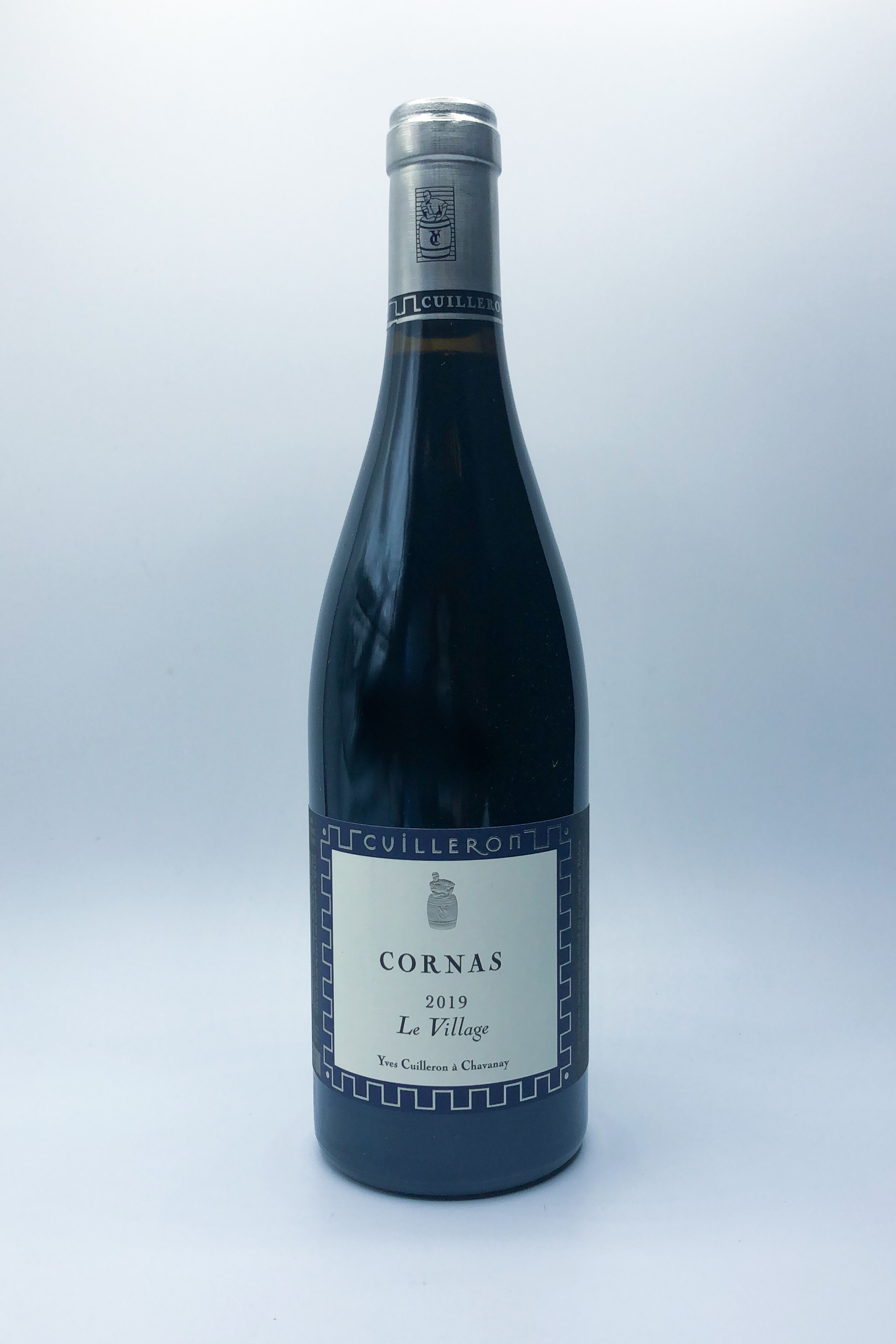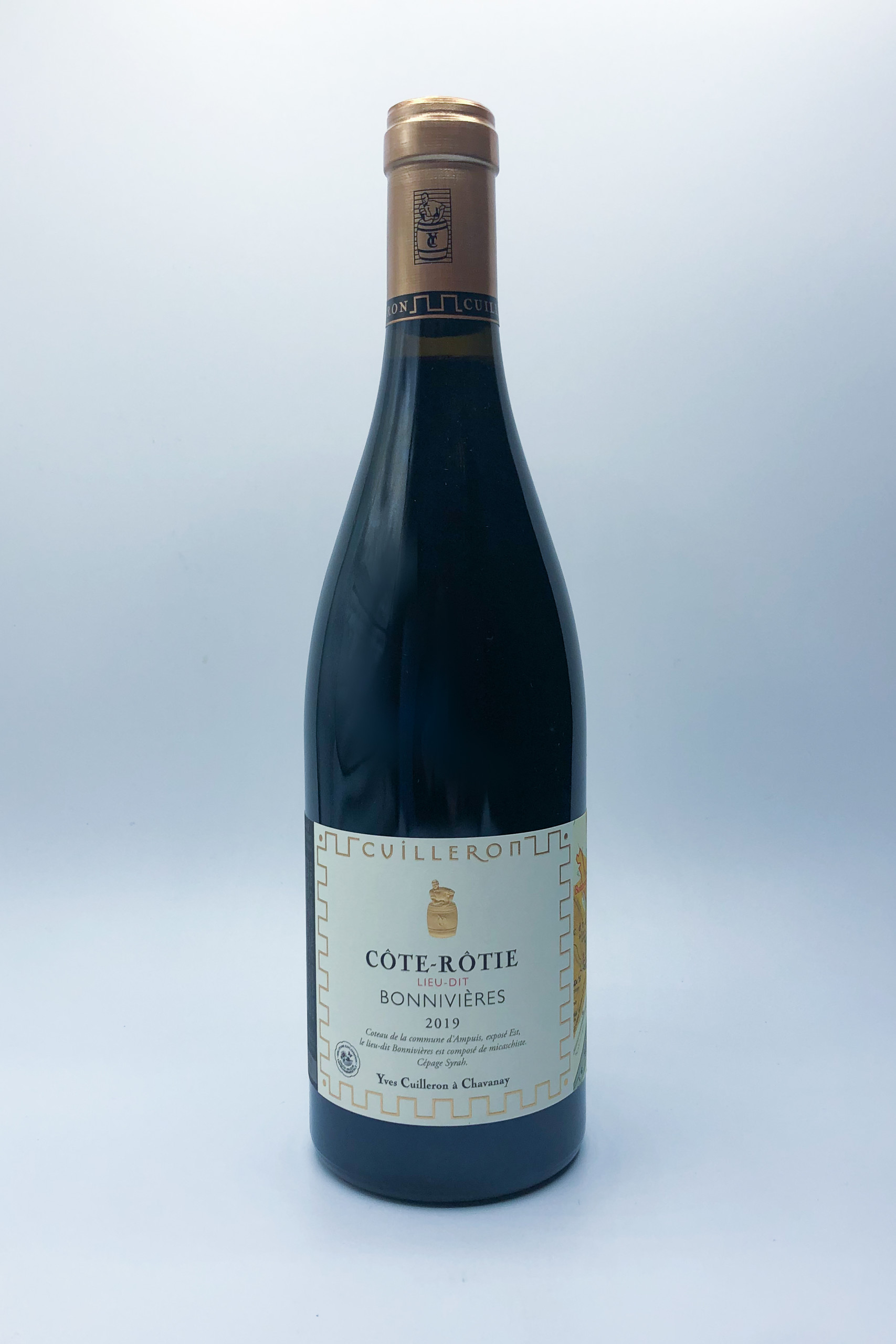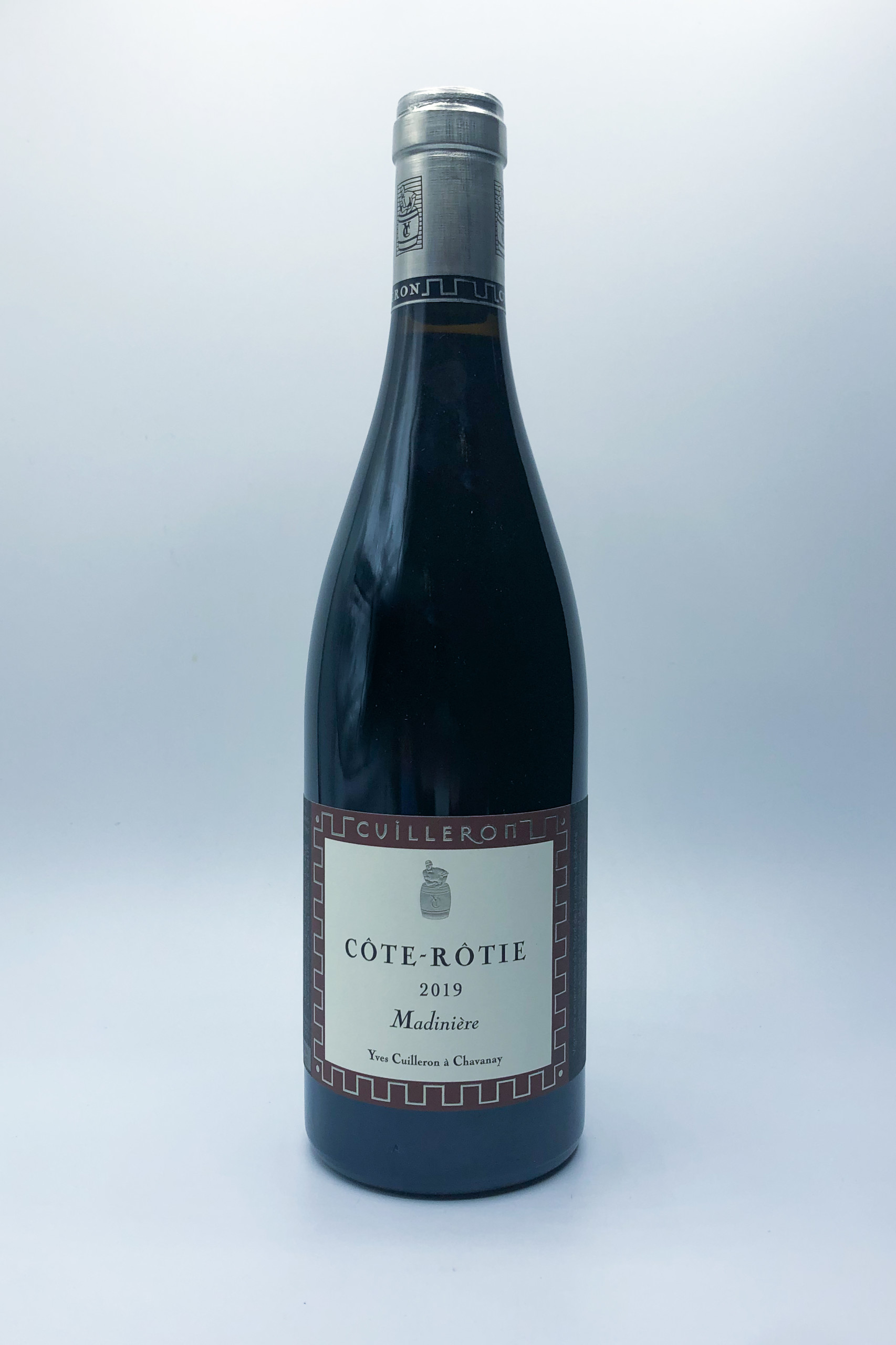Yves Cuilleron
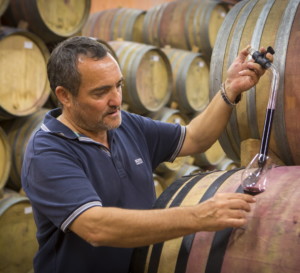
Yves Cuilleron
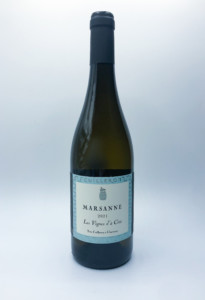
Yves Cuilleron Collines Rhodaniennes Marsanne
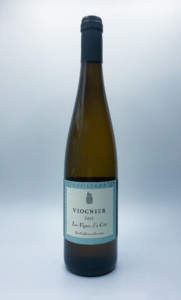
Yves Cuilleron Collines Rhodaniennes Viognier
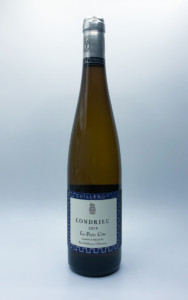
Yves Cuilleron Condrieu “La Petite Côte”
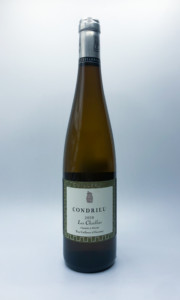
Yves Cuilleron Condrieu “Les Chaillets”
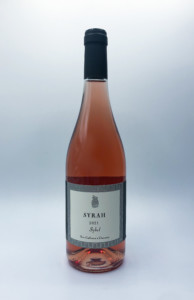
Yves Cuilleron Collines Rhodaniennes Rosé “Sybel”
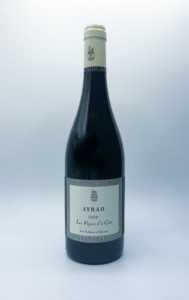
Yves Cuilleron Collines Rhodaniennes Syrah
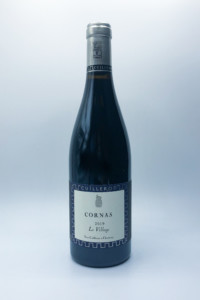
Yves Cuilleron Cornas “Le Village”
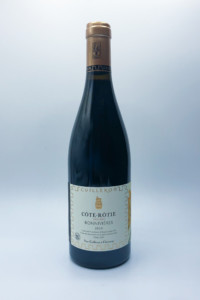
Yves Cuilleron Côte-Rôtie “Bonnivières”
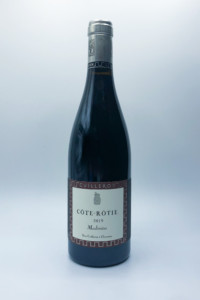
Yves Cuilleron Cote Rotie “Madinière”
About
Owner & winemaker: Yves Cuilleron
Vineyards: 100ha, across seven appellations
Vineyard management: In conversion to certified organic farming (will be certified in 2025)
Soils: Granite, gneiss, schist, and alluvial clay
Grapes grown: Mainly Syrah, Viognier, Marsanne, and Roussanne, plus ancient Rhône grapes including Durif, Dureza, Chatus, Persan, Bia, and Arbanne
Annual production: 650,000 bottles
Quick facts:
- The estate was founded in 1920 by Yves’s grandfather, Claude.
- Beginning in 2015, Yves began bottling individual “lieux-dits,” which he sees as the equivalent to the grands crus and premiers crus of Burgundy.
- “Without rigour, passion is not enough. And so I wanted to understand and control everything. To ensure my wines are totally ‘home made’, I have rejected off-the-shelf ideas, refused to copy others. Since the start, I have personally monitored every stage of production, from planting to bottling… In a nutshell, I focus on everything. That’s the price you pay for quality.” – Yves Cuilleron
When Yves took over the winery in 1987, it comprised four hectares of vineyards in two appellations (Condrieu and Saint Joseph). Today, he oversees 100ha across seven appellations (Condrieu, Saint Joseph, Côte Rôtie, Cornas, Saint Peray, Crozes Hermitage, and IGP Collines Rhodaniennes). His grandfather had founded the domaine in 1920, and began bottling his first wines in 1947.
Yves and his team have been farming sustainably for many years, using the fewest possible treatments (3-5 per year), no insecticides, and only small amounts of organic fertilizer. Recently, they began the process to obtain organic certification, which they expect to have in 2025. The vineyards vary greatly between site and appellation, but for the most part they are on extremely steep sites, which are not mechanizable and must be worked by hand–“haute couture” work, as Yves calls it. The semi-continental climate allows them to make balanced wines from native grapes that are well-adapted to the terroir.
“My philosophy of vinification is to respect the terroir to the maximum, for which it is important to have the best possible grapes, with a good yield and perfect maturity,” Yves tells us. Work in the cellar is kept simple, with native yeasts and minimal inputs, and he uses the traditional winemaking practices of the region, like punchdowns in open tanks for the reds and fermentation in barrel with the fine lees for the whites.

